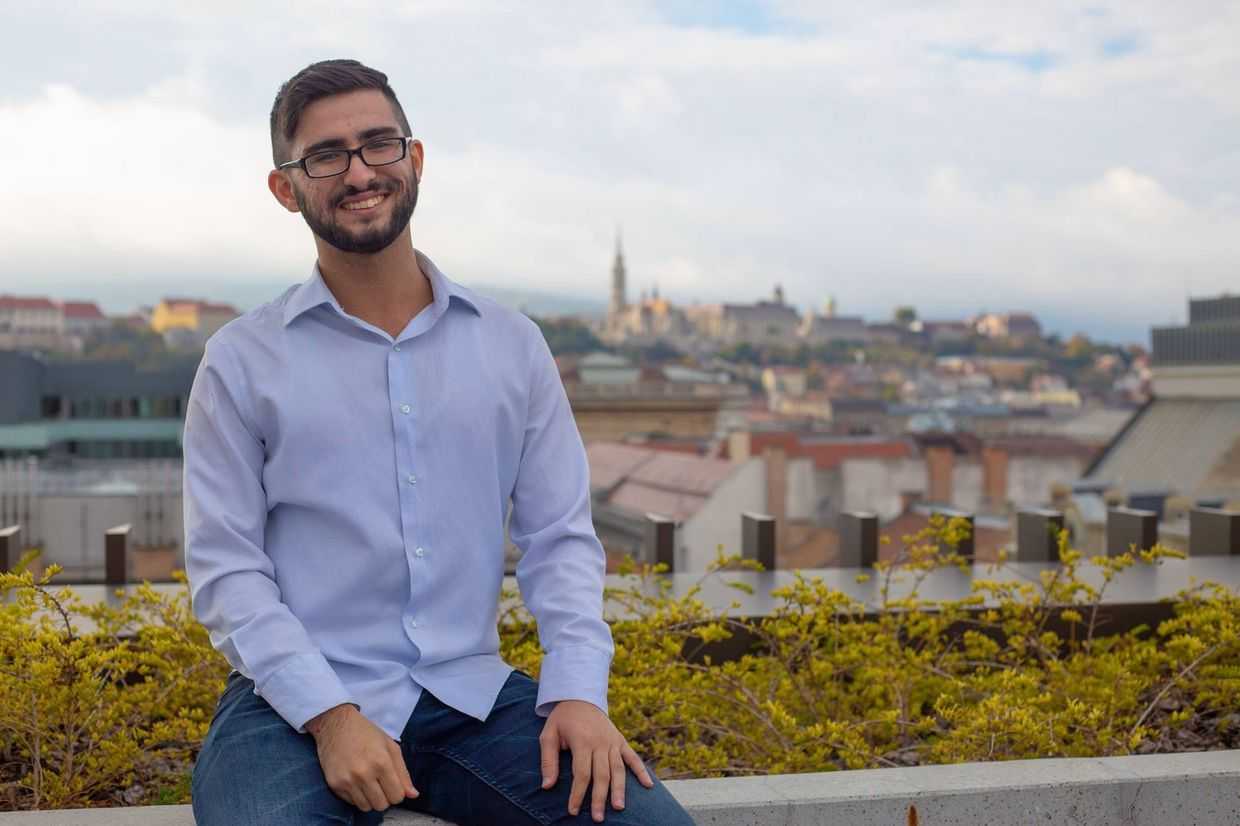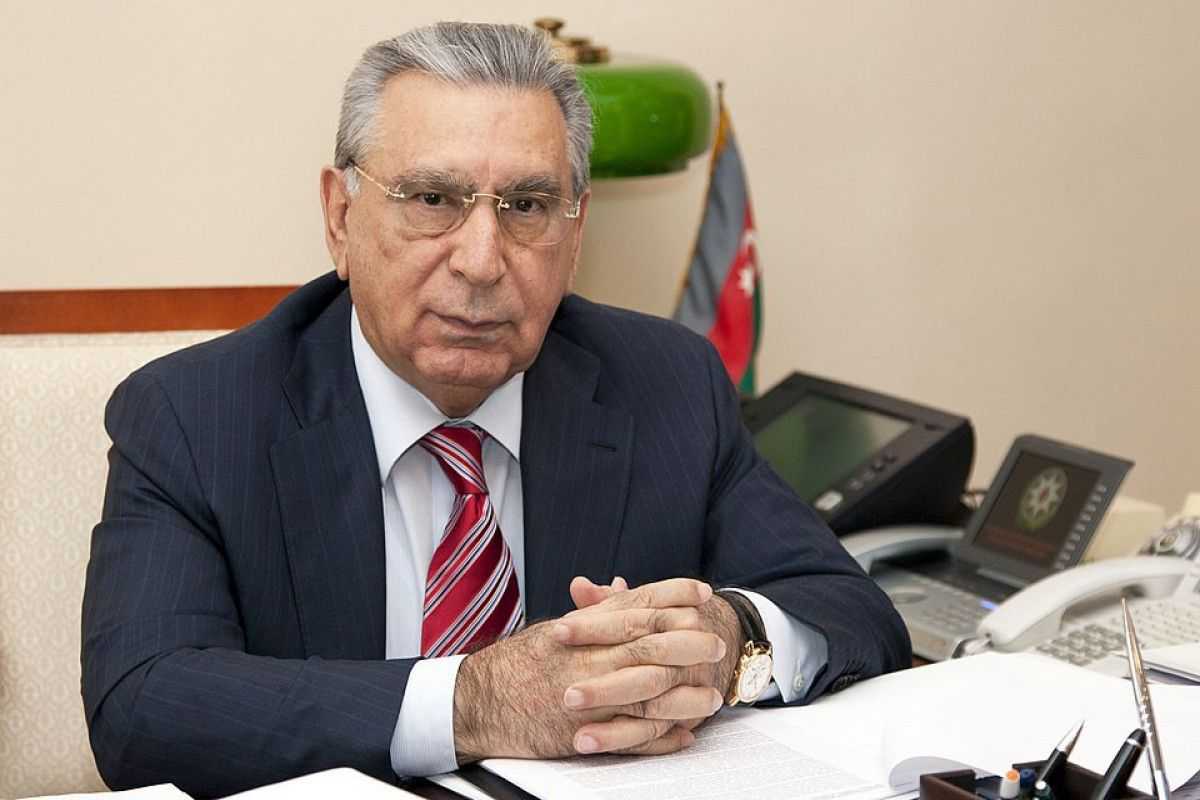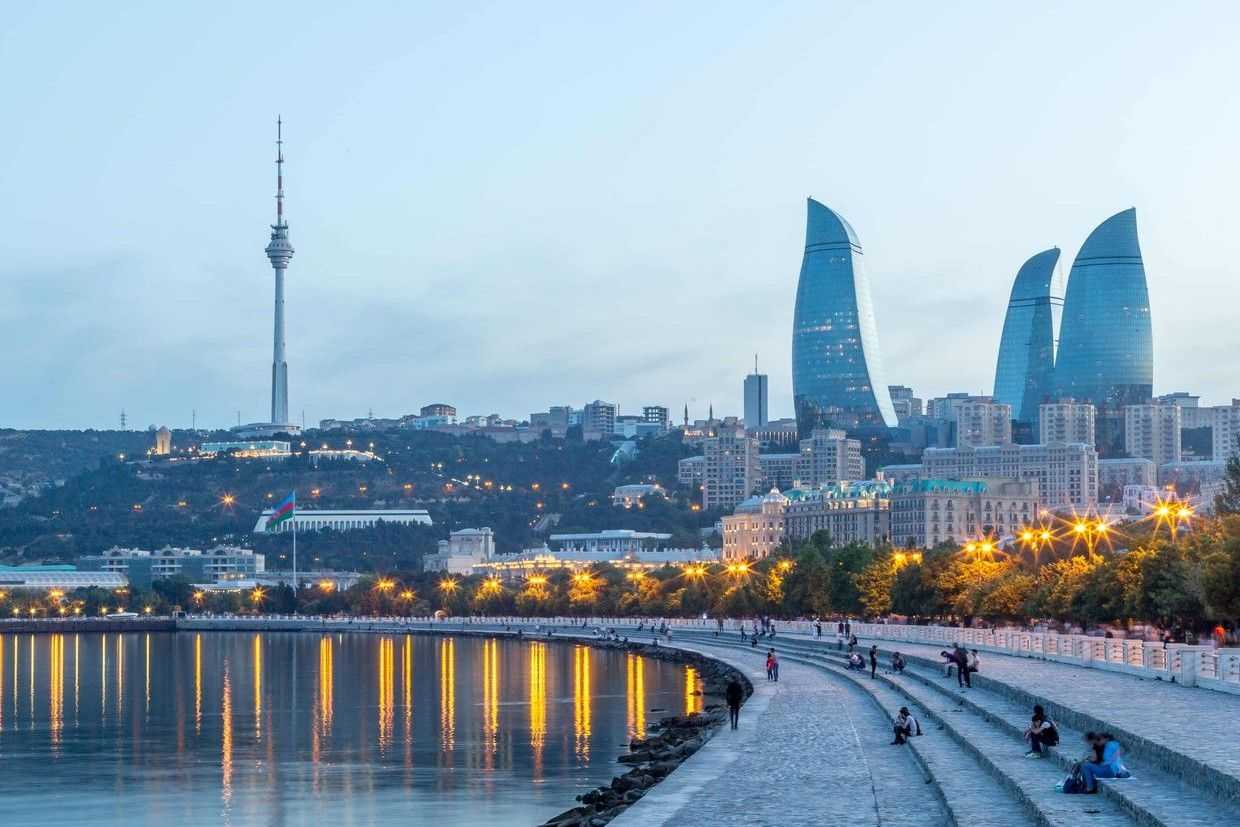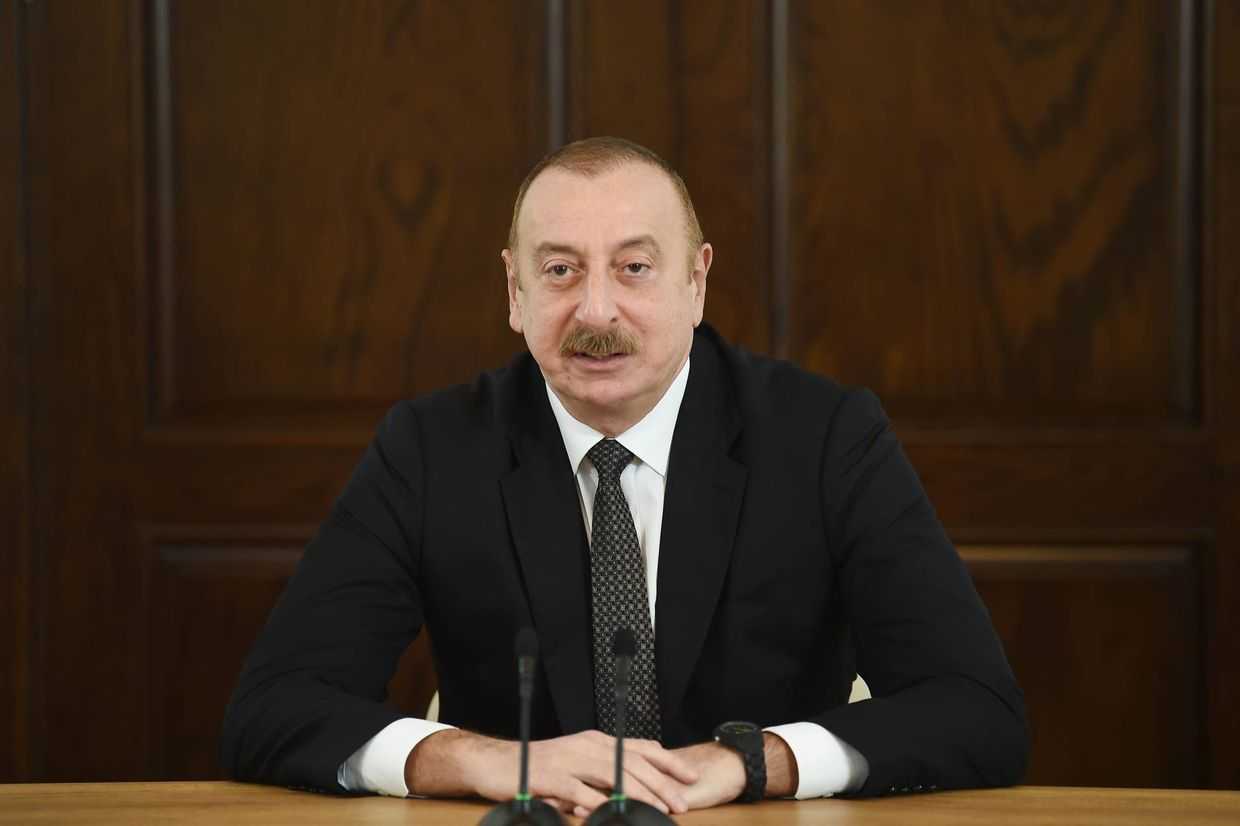
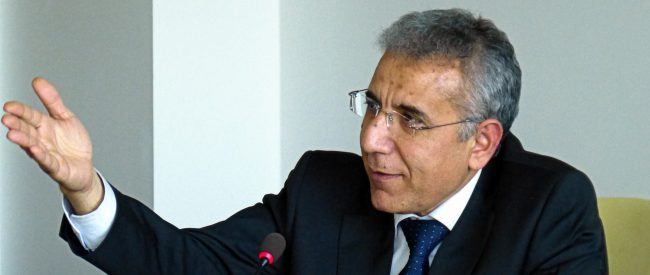
 The European Court of Human Rights (ECHR) ruled on Thursday that Azerbaijan’s arrest and conviction of Intigam Aliyev were politically motivated, aimed to ‘silence and to punish’ him for his human rights work. The Azerbaijani human rights lawyer was a loud critic of the authorities accusing them of cracking down on independent lawyers in Azerbaijan and using repressive tactics during 2010 parliamentary elections.
The European Court of Human Rights (ECHR) ruled on Thursday that Azerbaijan’s arrest and conviction of Intigam Aliyev were politically motivated, aimed to ‘silence and to punish’ him for his human rights work. The Azerbaijani human rights lawyer was a loud critic of the authorities accusing them of cracking down on independent lawyers in Azerbaijan and using repressive tactics during 2010 parliamentary elections.
Aliyev, the founder of Azerbaijan’s Legal Education Society, was detained by the authorities in August 2014 while he was preparing a report on the human rights situation in Azerbaijan for the Council of Europe’s Parliamentary Assembly.
[Read on OC Media: Left without a defence: Azerbaijan’s purge of human rights lawyers]
He was convicted in April 2015 and sentenced to seven and a half years in prison for ‘large-scale tax evasion’, ‘abuse of power’, for failing to report to the authorities he had become the head of the association, and ‘illegal entrepreneurship’ for allegedly forging documents and embezzling grants. The charges were dismissed by a number of rights groups, including Amnesty International who called them ‘trumped up’.
Azerbaijan’s Supreme Court released Aliyev in March 2016, replacing his prison term with a five year suspended sentence. However, his conviction remained in place and Aliyev remains barred from practising law.
The European Human Rights Advocacy Centre (EHRAC) who assist NGOs and lawyers in Russia, the Caucasus, and Ukraine take cases to the ECHR, represented Aliyev along with Azerbaijani lawyer Javad Javadov.
In Aliyev’s case, the court found the Azerbaijani authorities in breach of several articles of the European Convention on Human Rights. These were Article 5, the right to liberty and security, and Article 8, the right to private and family life, as the authorities had searched his home and office and seized his and his relatives’ belongings.
The ruling also established a violation of Article 3 of the convention, prohibiting inhuman and degrading treatment. Aliyev argued that the conditions of his pre-trial detention were ‘appalling’, lacking adequate personal space, ventilation, or sanitary facilities.
The Court awarded Aliyev €20,000 in compensation for moral damages as well as legal costs of €6,150.
In its decision, the court also noted the Azerbaijani court’s ‘automatic endorsement’ of the prosecution’s application for Aliyev’s arrest, ‘without any genuine, independent review of the lawfulness of his detention’.
The court found Aliyev’s prosecution and sentencing, as well as searches of his home and office not only to have been unlawful but also to have had a ‘chilling effect […] on the civil society at large, whose members […] for fear of prosecution, may be discouraged from continuing their work of promoting and defending human rights’.
Aliyev’s lawyers are also challenging a travel ban against him after his release from prison.
While in prison, Aliyev received awards from the International Bar Association in 2015, and from the Council of Bars and Law Societies of Europe in 2016, for his work on human rights advocacy.
A ‘pattern’ of arbitrary arrests
In its judgement, the court cited successful lawsuits brought by others to the court against Azerbaijan: opposition leader Ilgar Mammadov in 2014, rights lawyer Rasul Jafarov in 2016, rights activist Anar Mammadli in 2018, and activist Hasanov and others in 2018.
It said these cases ‘cannot be considered as isolated incidents’ but a ‘pattern’ of arbitrary detentions. The court called on the Azerbaijani authorities to ensure the ‘protection of critics of the government, civil society activists, and human rights defenders’ against retaliatory misuse of criminal law.
Aliyev, a veteran rights lawyer who took several cases to the ECHR before his arrest, told OC Media in August that journalists, activists, and opposition politicians in Azerbaijan were at greater risk after rights lawyers began to face disbarment from the local Bar Association.
According to him, only six lawyers were now involved in political cases in the country representing ‘150 political prisoners’.
‘The Azerbaijani authorities[…] understand that the current massive human rights violations would not be possible in a strong and independent jurisdiction’, he said.
[Read on OC Media: The struggle to tell the truth: big money and hostile courts in Azerbaijan’s media]
On 4 July, the European Union Parliament called the prosecution and imprisonment of Intigam Aliyev one of the ‘emblematic cases’ of restrictions on political rights in Azerbaijan.
[Read more about the resolution on OC Media: EU Parliament says no deal until Azerbaijan frees political prisoners]



